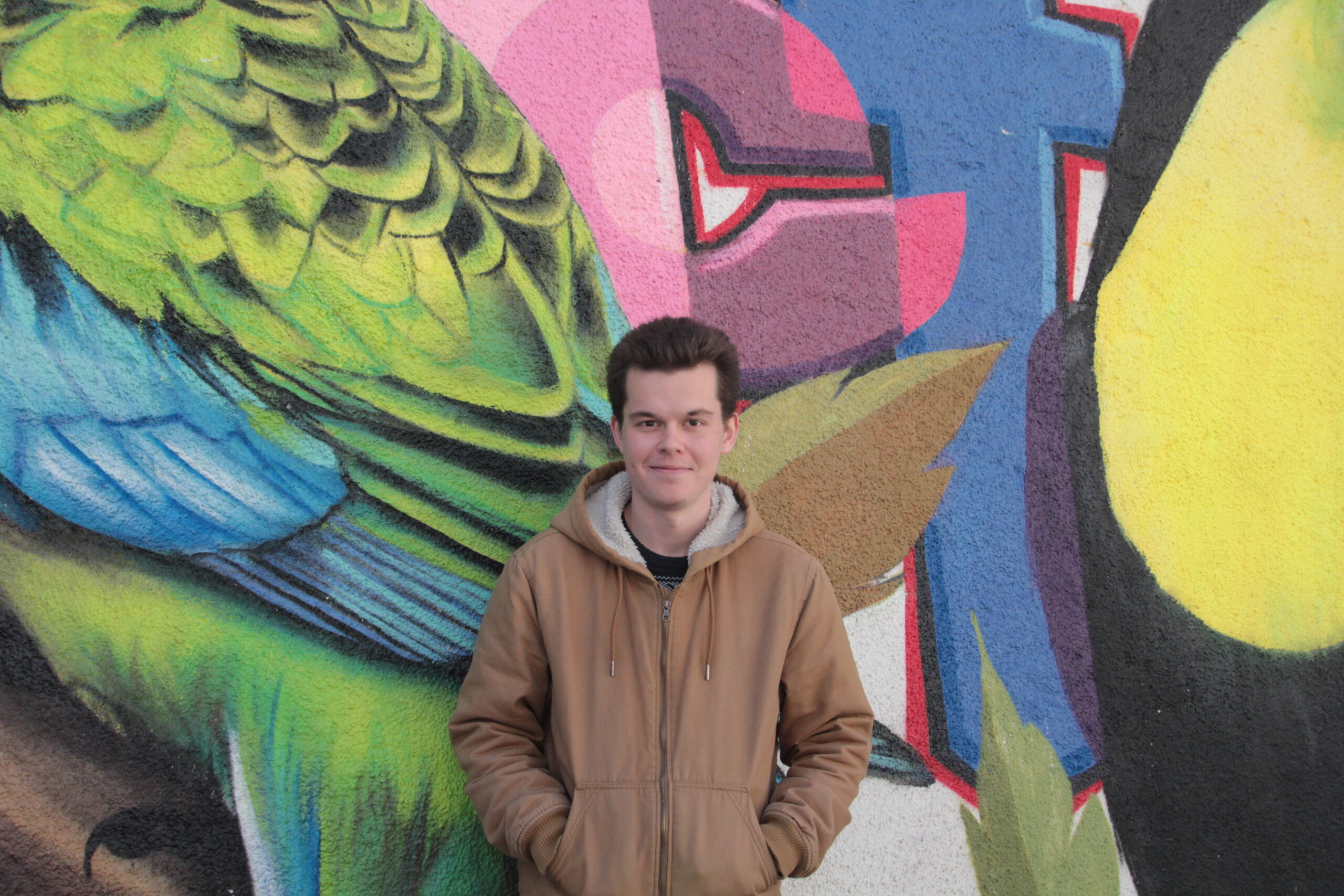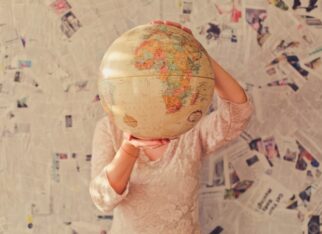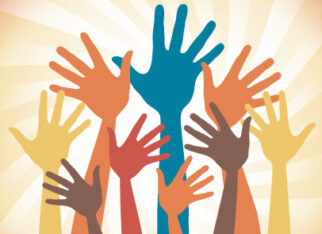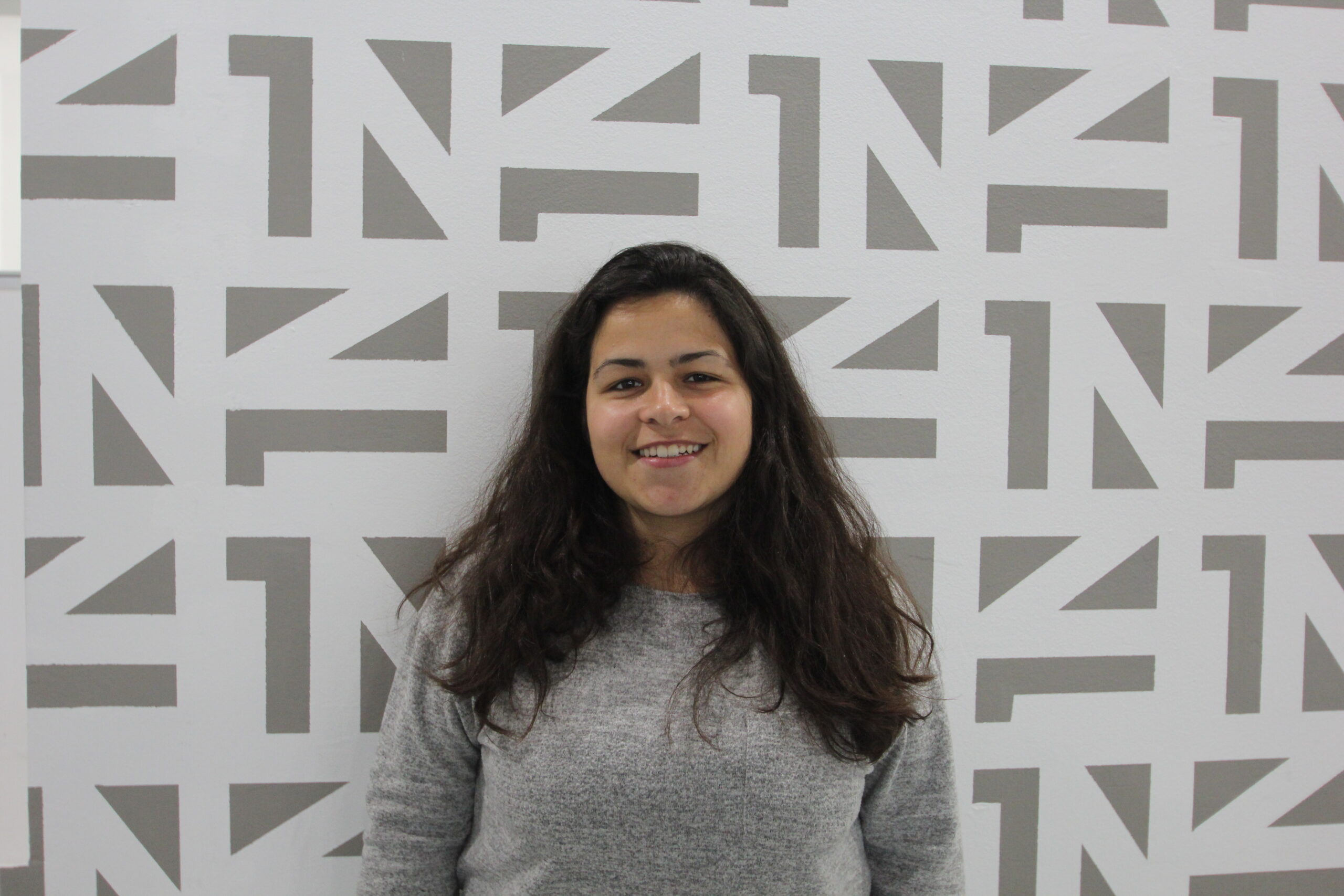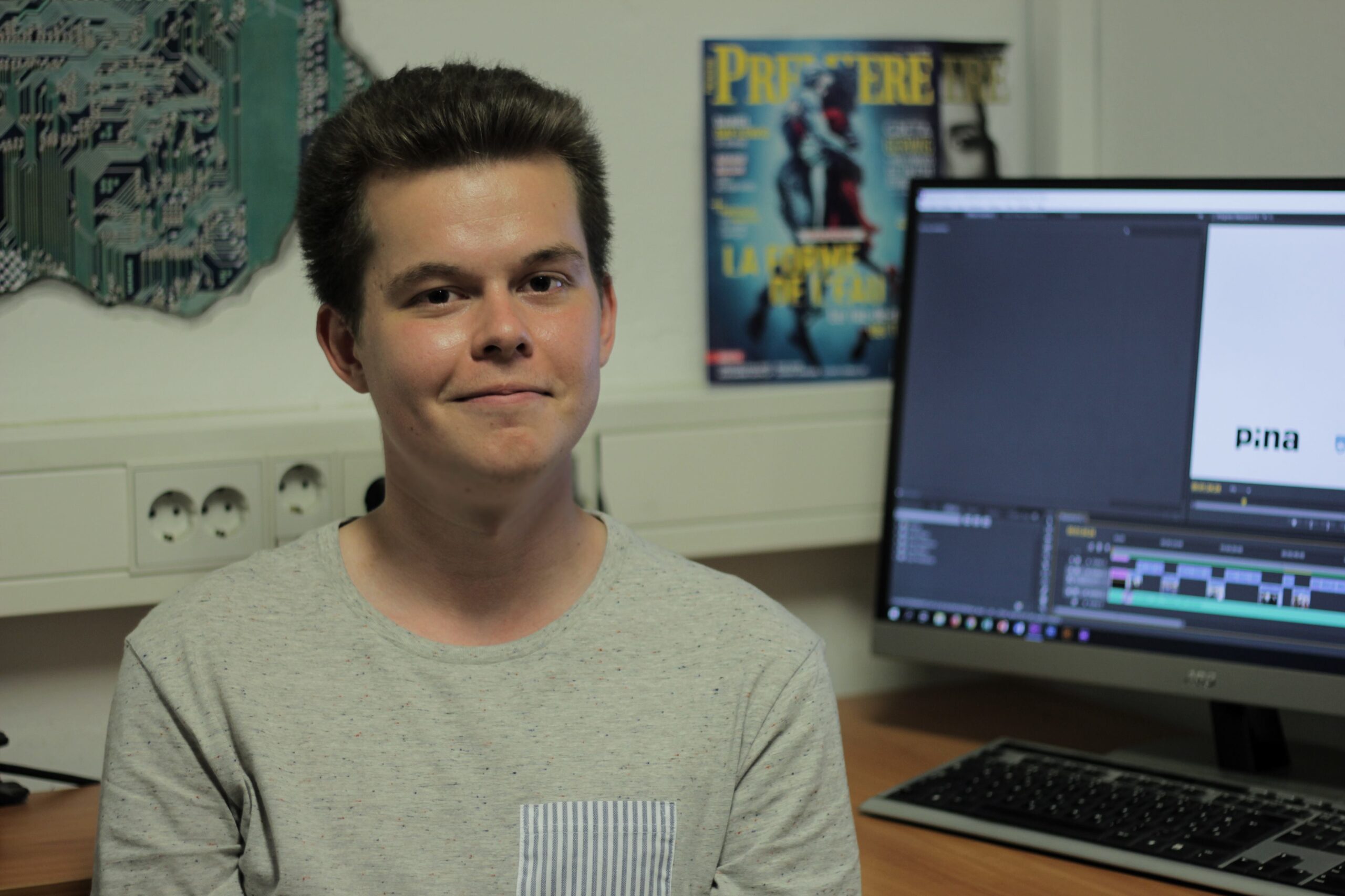Joris Degas is a 22-year-old guy from France. There are a few reasons why he decided to choose to start an ESC. He studied at the university for three years and after getting the diploma, he didn’t know what to do, so he decided to start an internship, planning to be a journalist. With this experience, though, he saw some of the “bad sides” of the job and felt lost afterwards, making him ask “Is this really what I want to do?”
Why did you start this project?
On one side I wanted to travel, to improve in English. On the other side, I wanted to do something different on a personal level. I think when you live in your country for a certain amount of years you have a less global vision of what you really want, what you really want to do with your life, who you are. I guess my thought was that if I go somewhere else and see something else, see how people are doing things in a different environment, it would help me figure out things about myself.
And did it help you?
Yeah, it did.
That’s good. Were you scared?
Well, the process of being selected went pretty fast, so I started to be scared two days before leaving. I had these moments when I was like: “Is it the right thing to do? Is it gonna be okay? Will I be able to communicate with people?”, but when I arrived here everything was okay and that “scary part” went away.
What were your hopes and fears?
It might sound a little bit cliché but basically, my state of mind when I arrived was: “Just take what you can take from this experience and you will see how it fits you.” So I didn’t have real hopes because I didn’t really know what to expect and my biggest fear was mostly to not being able to communicate because of the language and the cultural differences.
What do you miss the most about France?
Proper bread. *laughs* No, honestly, I don’t miss that many things because I’m not like the typical French person. My life in France wasn’t the cliché life that everyone imagines a French has there, so I don’t miss anything in particular. Maybe seeing my family and friends, but once during my year here they came and I went back home for Christmas.

Did you achieve any goals? Which ones?
I’ve found what I want to do in my life, which is a pretty big goal, I think. In the beginning, as I said I was a bit lost but then I started to like photography and figured out that I’d like to work in that field. Also, I became better at communicating, so I didn`t “struggle” for months, but I actually managed to do it from the beginning. I’m quite relieved about that.
Good. So you’re close to the end, how does it make you feel?
It was a good experience. I’m really happy I did that and somehow I’m happy it’s ending as well, because I feel like I’ve learned a lot of things and now I want to see if I’m able to “keep those things” when I’ll be back home. I think that it’s pretty easy when you go back that you might fall into the same routine all over again and I really want to avoid that. It’s kind of a challenge. To be able to keep going forward even if I’m back with my family or in the environment.
Would you like to do some similar experience in the future?
Yeah, I’m open to it. I can’t do a new ESC, but I’m actually interested in Youth Exchanges or even volunteering in general because I think it has some good values and I enjoyed doing that here.
What were your tasks in PiNA and what are you doing now in CMK?
At the beginning with PiNA, I was a multimedia worker so actually a lot of things, like taking photos, doing videos, designs, even though I haven’t done a lot of Graphic Design because it’s not my main field, but I’ve done a lot of things. Overall PiNA is a place where they do a lot of stuff, so it happened that I also did things that weren’t about multimedia, like using some software, programmes. When I moved to CMK it was with a specific aim, to focus more on photography and basically, that’s what I’m doing now. They’re organising a lot of events so it was really good on this side because it was a chance to do photography in a lot of different contexts.
Did you achieve any new skills?
Now I’m more confident to work with people because before that I didn’t have a lot of professional experiences, it was mostly group tasks in university or things like that, but never in a “work environment”. I’m more aware of the consideration of others. I’ve also learned a few words in a few languages, thanks to living with a lot of people. I mean, I don’t speak the language, but it can always be useful to know some things.
How do you like to spend your free time?
Travelling at least once a month and also some simple things like going to some concerts, walking, chilling at home. I think it’s important, to me at least, to have your alone time, especially when you’re always surrounded by people. During the summer I went to the beach too.
Which places did you visit this year?
In Slovenia, I went to Ljubljana, Maribor, Soča, Predjama’s castle and many others. I’ve been to Italy quite a few times in Venice, Tuscany, Sicily. I’ve visited the Croatian coast and went to the south of Austria, Budapest, Bratislava and Sofia.

And do you have a favourite place?
Italy and Budapest, which is a really cool city and I have big hopes about Bosnia which I’ll visit it next week.
Do you have a favourite place to hang out or to eat?
During the summer I like this wild beach between Izola and Strunjan, it’s called Moon Bay. You have to walk quite a lot but it’s really a nice place. I mean if you like nature, it’s the place where you should go to. I also like this small, outside bar in Izola called Vitaminček, where I’ve been quite a few times and I really enjoyed it. They have good music and nice people working there. I really liked Ljubljana as well, especially the atmosphere there, it’s peaceful, even though it’s the capital city. Usually, I don’t like those cities because they’re too big, too crowded, people don’t take time to enjoy the simplest things and it’ really the opposite in Ljubljana like if you walk in the centre you can just chill.
About places where I like to eat, of course, Štorja in Koper, there is a burger and beer place in Ljubljana called Pops place and it’s a really cool place, just next to the river in the city centre, with really good homemade food and draft beers. Also, Gušt in Izola is good.
What surprised you the most about Slovenia?
Their level in English and as a smoker, the fact that there is ash trash like every two meters. So also the care that they give to the environment. It’s a really ecological country.
What would you like to bring home from this experience?
All the experiences I had here and mostly all the things that I’ve learned about myself, that I’ve figured out. I really hope that once I’ll be home, I’ll keep trying to go on and not just being passive and staying home on my couch watching the TV all day. I just don’t want the same routine to repeat all over again. I’ve developed a different state of mind here, met some new people that taught me some new things as well and now it’s kind of part of who I am. I don’t want to take the risk of losing that when I’ll be home, so I have to continue trying new things, going out of the comfort zone at home too and it’s not very easy to do because when you’re there, you have a lot of habits. I kind of want to “break” that.

Interviewing Joris was really interesting because it made me understand more about him, what he felt and how his experience here was. It’s also really good that thanks to it, he could figure out what he would like to do in the future, photography. That is what I hope to understand too and I also want to be able to “escape” that comfort zone that seems to “imprison” you every time.


